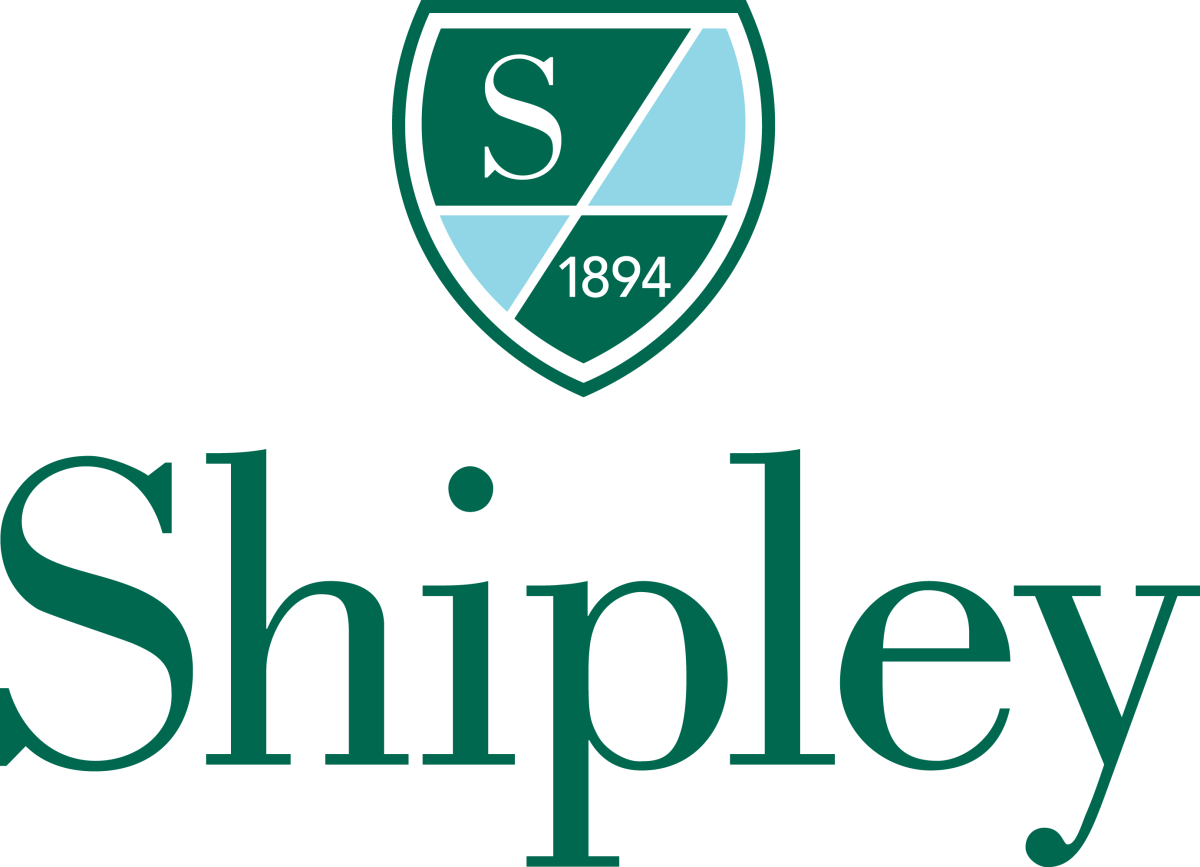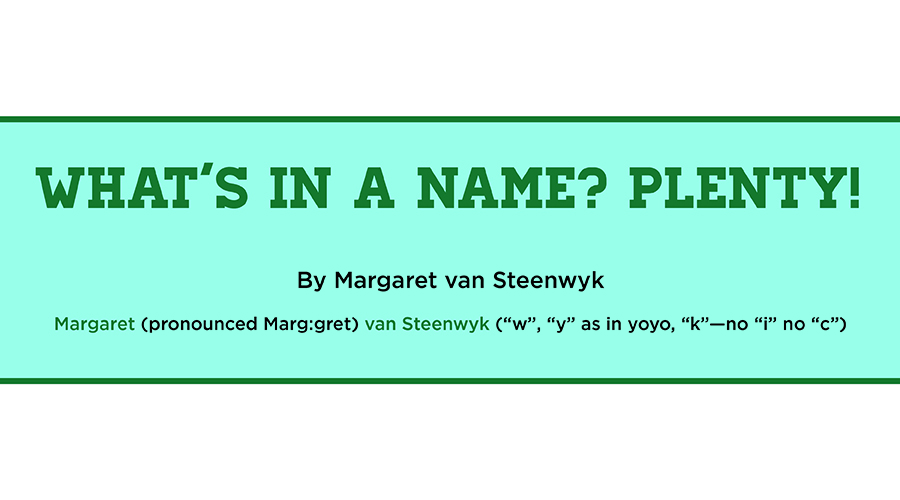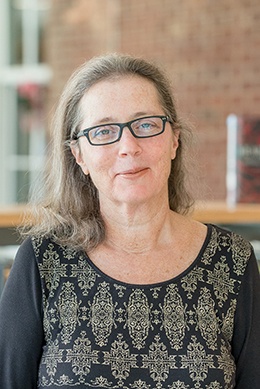Like many educators today, I have been thinking a lot about identity and how best to support the many facets of each person’s identity. One’s name is particularly elemental to identity and community. As parents, we remember that moment when we landed on a name for our child and all the hope, originality, symbolism, significance, and sentimentality that went into the name. And as individuals, we each undoubtedly have our own thoughts, attachments, or even aversions to our own given names. Regardless of whether we love, dislike, or are ambivalent about our names, there is generally a story behind what we want to be called that is significant in terms of our identity.
There are also assumptions from others about the origins, significance or even pronunciation of our name. My given name is Margaret Long Frank. I have never been a Meg, Peggy, or Maggie. I have been insistent on Margaret since first grade when my teacher told my Mother to change my name to Meg because the teacher didn’t believe I was up to the task of spelling it. I come from a long line of powerful German, Jewish women on my father’s side. My first and middle names are for those women; Frank was my paternal grandfather’s name. Interestingly, I resemble my mother’s side of the family and was frequently told I didn’t look like a Frank. What does that mean?! As a child, I had to endure long frankfurter jokes but at least I was never asked how to spell Long or Frank. Now, I am frequently asked how to spell van Steenwyk and even when I do spell it, a "c" invariably gets stuck in, or the van, which is lowercase and separate, gets attached to Steenwyk. The piece de resistance, however, is that Microsoft Word autocorrects Steenwyk to stinky!
In schools, names get established early on, usually in PreK or Kindergarten. Institutions don’t always take the time each year to check on names and that fact always comes to light at graduation. I was reminded of this the other week when coming into the office I stumbled on a five-year-old going to his first day of a sports summer camp. He was asked his name by the greeter in the parking circle. He proudly said Paulo, but the greeter heard Pablo and said, hello Pablo. Paulo corrected her; she repeated his name correctly and introduced him as Paulo to another counselor who leaned down and brightly said, welcome Pablo. And so it begins, I thought!
During graduation rehearsal we run through each student’s name during a dry run to make sure that the students have a sense of the flow and that we are correctly pronouncing names. When we do that there are always remarks, laughter, and corrections. Just as students are perennially amused by learning the first names of teachers, students delight in learning one another’s middle names—wow you have three middle names— or finding out that someone is John Malcolm Smith IV. At rehearsal, there are also moments where we say a name that we have been pronouncing a certain way for four years and a student lets us know that that is not the way he or she says his or her name, but often we really have to coax that out of them. This is not unusual in high schools and colleges across the country. As educators, we take those moments so seriously— we want to get it right for the big moment, but the time has come to make a push to get it right for all moments.
This past spring, our students invited Dr. Javier Avila author of The Trouble with My Name to speak for Impact Day. Dr. Javier, a poet, author, professor, and renowned speaker on race and identity was compelling in his stories and message. The stories where others—neighbors, a maître de, teachers, and strangers—told him how to pronounce his own name stood out to me—the audacity of someone else telling you how to pronounce or spell your name! Yet it happens all the time.
I was inspired then and remain inspired to talk about names with students. Tell me one thing I might not know about your name? What do you like to be called? Do we have your name right in the system? Where does your name come from? Is there a nickname you prefer? These are some of the questions we will be starting off the year with in advisory. It is a small but important way to honor and celebrate individuals, who they want to be, and how they wish to be addressed.
Sincerely and Proudly,
Margaret (pronounced Marg:gret) Frank van Steenwyk ("w", “y” as in yoyo, "k"—no "i" no "c")
If you are interested in more musing on names and identity here are some links:
http://theweek.com/articles/460056/how-names-shape-identity
http://cultureandyouth.org/identity/articles-identity/the-importance-of-names/










